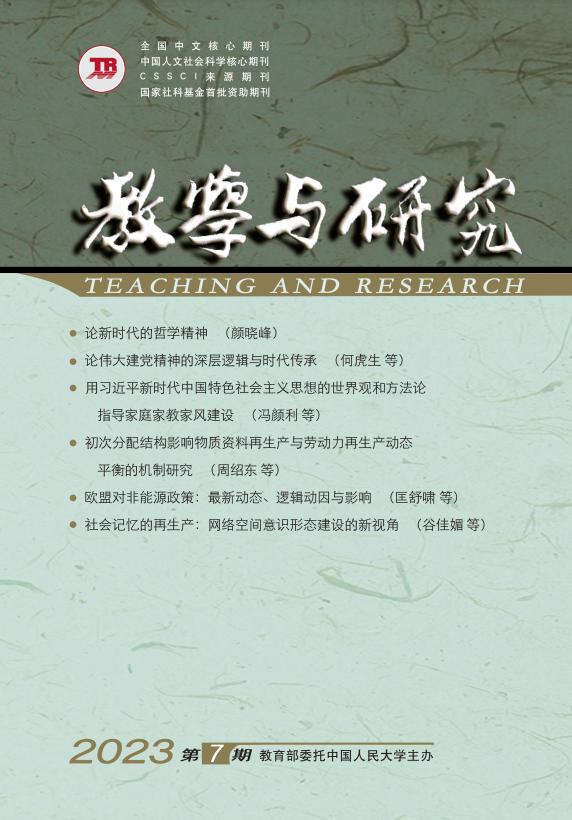As the spiritual source of the Communist Party of China, the great founding spirit of the Party has profoundly answered the fundamental questions regarding what the Party is and what it wants to do, ie. the Party is a proletarian party composed of people who adhere to the truth of Marxism, and promote the socialist and communist ideals in China. At the same time, it proclaims the fundamental mission of the Party for what it stands for and what it lives for, outlines the fundamental path of the Party to readily take responsibility and ably perform their duties, demonstrates the fundamental position of the Party on whom to serve and on whom to rely, and contains a deep logic from who I am to who I am for and from what I do to how I do it. In the course of longterm struggle, the Chinese Communists have inherited the great founding spirit of the Party, and generated distinctive spiritual forms according to social practices in different historical periods. From a macro perspective, they can be summarized successively as the spirit of great revolution, the spirit of hard work, the spirit of reform and opening up, and the spirit of great struggle. On the new journey, the key to carrying forward the great founding spirit of the Party in practice is to take it as a practical standard, and lead all Party members to strive to be sober minded, politically clear, spiritual guiding, and steadfast in work and become the Chinese Communists capable of shouldering the responsibility of national rejuvenation.



